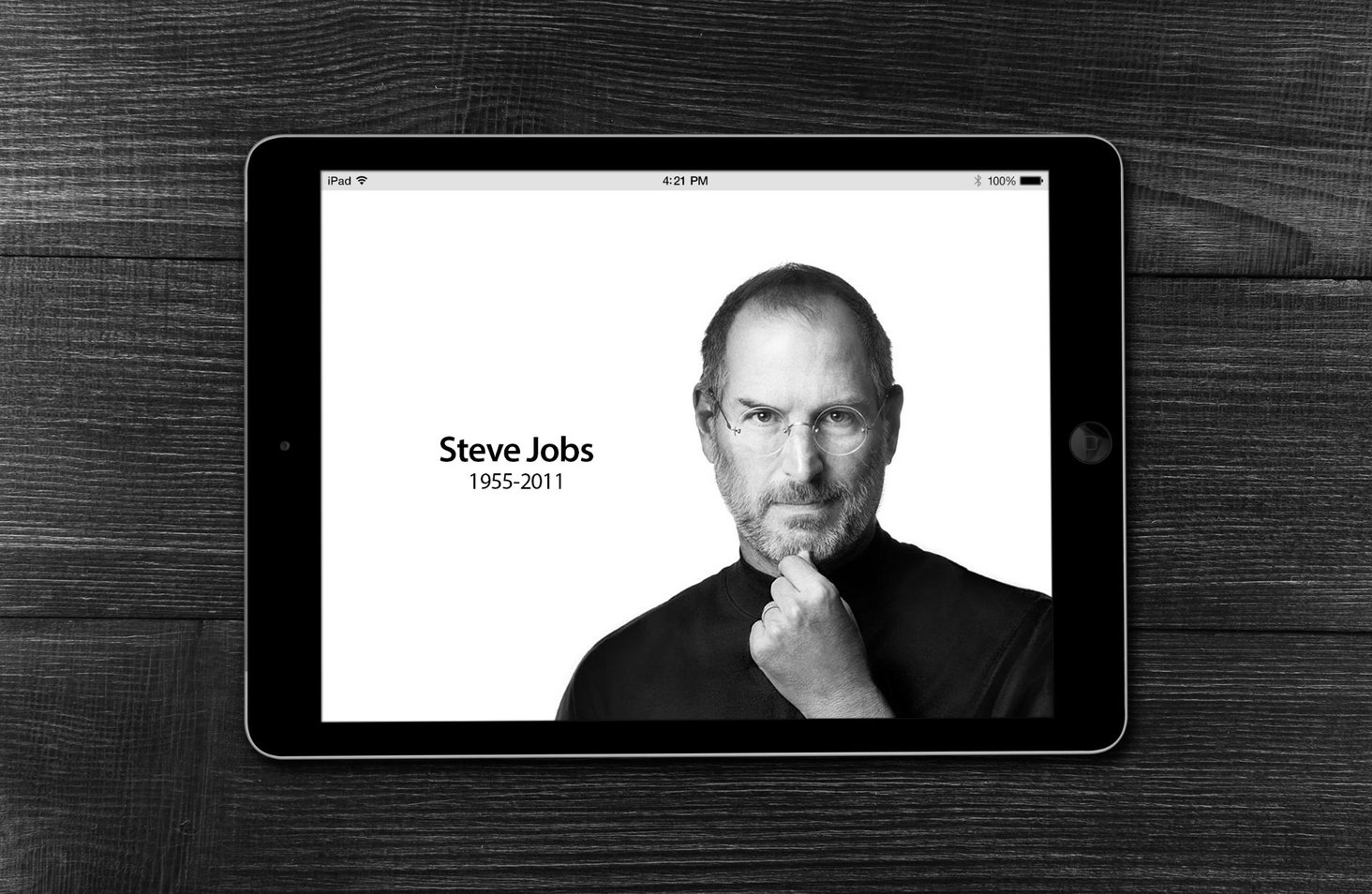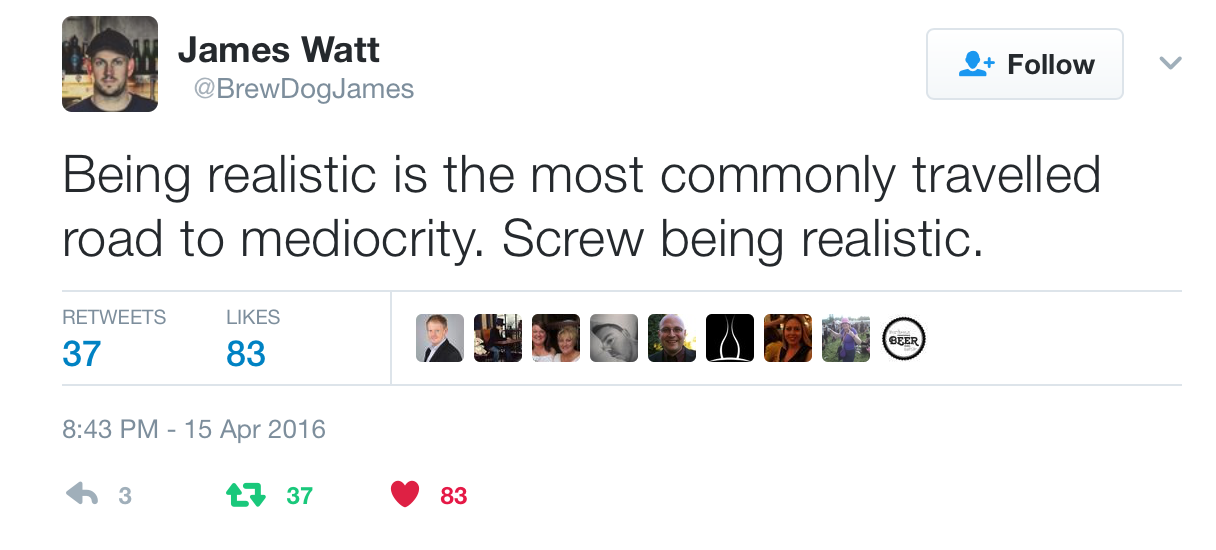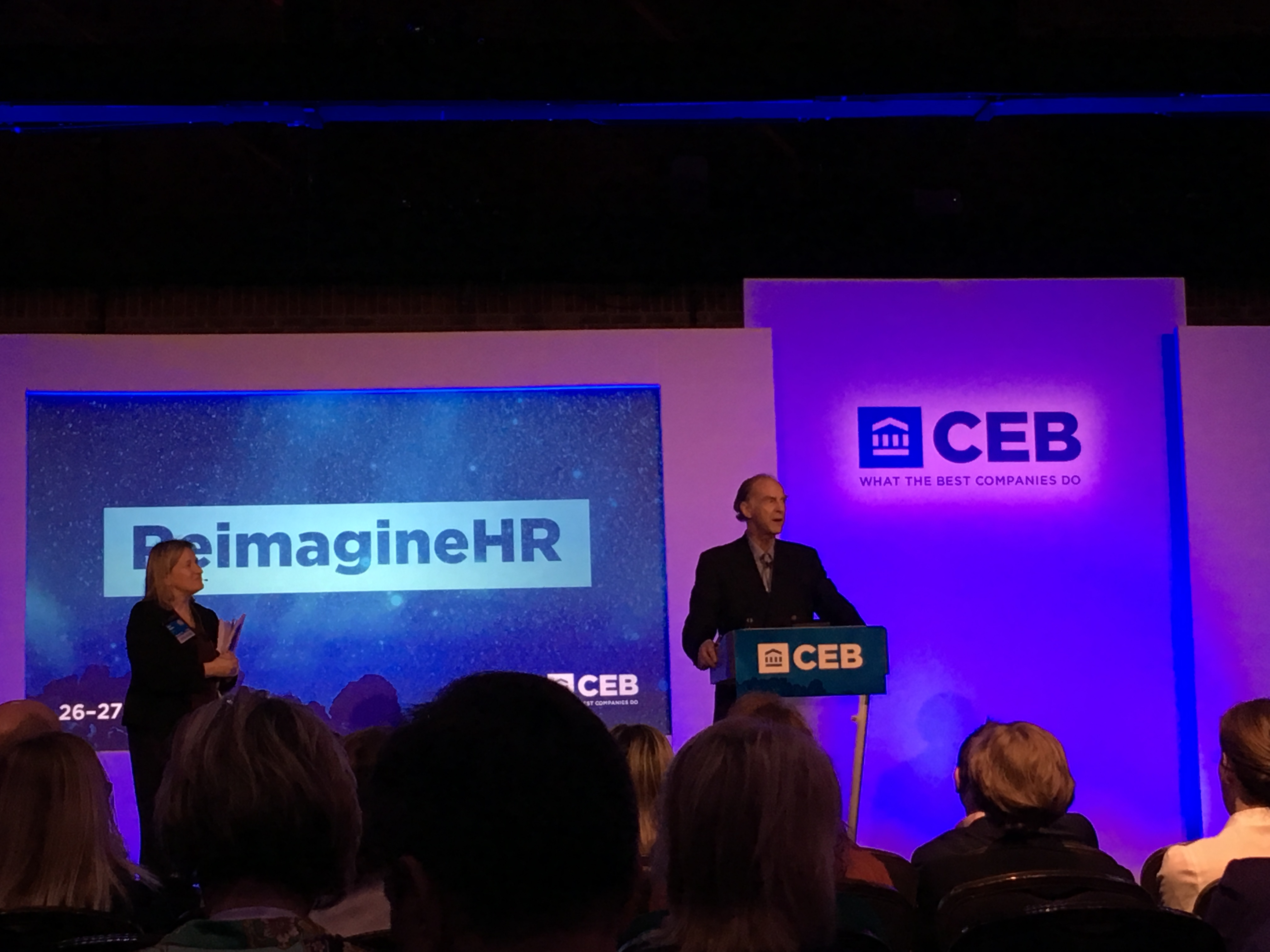Unrealistic and Unreasonable Management

“being realistic is the most commonly travelled road to mediocrity”

A phrase commonly referenced over the years in films, or in strategy books, but never until now did it resonate with me.
It was the context of this tweet that made a difference to me as James Watt, with his partner Martin Dickie, set out to create a craft beer company and ended up with the largest equity crowdfunding scheme in history. Not much realism on that journey then!
Whilst it pains me to say this – as a Liverpool Football Club fan - when Sir Alex Ferguson embarked on Manchester United's journey to knock Liverpool off their perch, it was from a position of almost relegation with a lowly 4th place finish in the previous season. You would therefore think it unlikely, considering Liverpool FC was one of the greatest teams in the world during that era. We do not have to go over what happened next...
When I think of my employer Graebel, deciding at the turn of the millennium to create a full service relocation management company from scratch, it does not sound like a realistic proposition either. Now Graebel is one of the world’s largest global mobility service providers, with over $1 billion managed on behalf of our clients annually by 800+ employees.
As someone with a keen interest in leadership and organisational strategy, it got me thinking about what is the right form of management? Do the words unrealistic and unreasonable actually have a place in our vocabulary? Does unreasonable and unrealistic management drive performance?
On the surface these comments might sound extremely cavalier in nature, but once you spend time absorbing the subtext, its signs in organisational success are everywhere.
Sir Alex Ferguson was a very unreasonable leader, but at the same time turned the club into the biggest in the world in terms of both trophies and market value. He demanded so much of his players and on many occasions over stepped the mark, including the infamous incident with David Beckham.
Equally, from the world of technology, Steve Jobs was widely known for his seemingly unreasonable focus on details. Albeit a portrayal with significant artistic license this short scene (starting at 0.58 secs) from one of a number of films depicting his life highlights that attitude:
Employee: 'typeface isn't a pressing issue”
Steve Jobs: “get out”!
This is an unrelenting attitude to perfection and never, ever wanting to come up short. My conclusion is that sometimes (an operative word) the bold and the brave, the unrealistic and unreasonable are just the type of leadership that galvanizes a team.
The ideas and values at times might come across as reckless but you have to appreciate the level of often bloody minded long term strategic thinking being applied, like a game of chess being played many moves ahead.
I was fortunate enough to attend a senior HR conference last year with Sir Ranulph Fiennes as a guest speaker. The world’s greatest living explorer who has done the impossible over and over and over again.






Please sign in or register for FREE
Sign in OR sign up to become a registered The Forum for Expatriate Management website user
Subscribe here